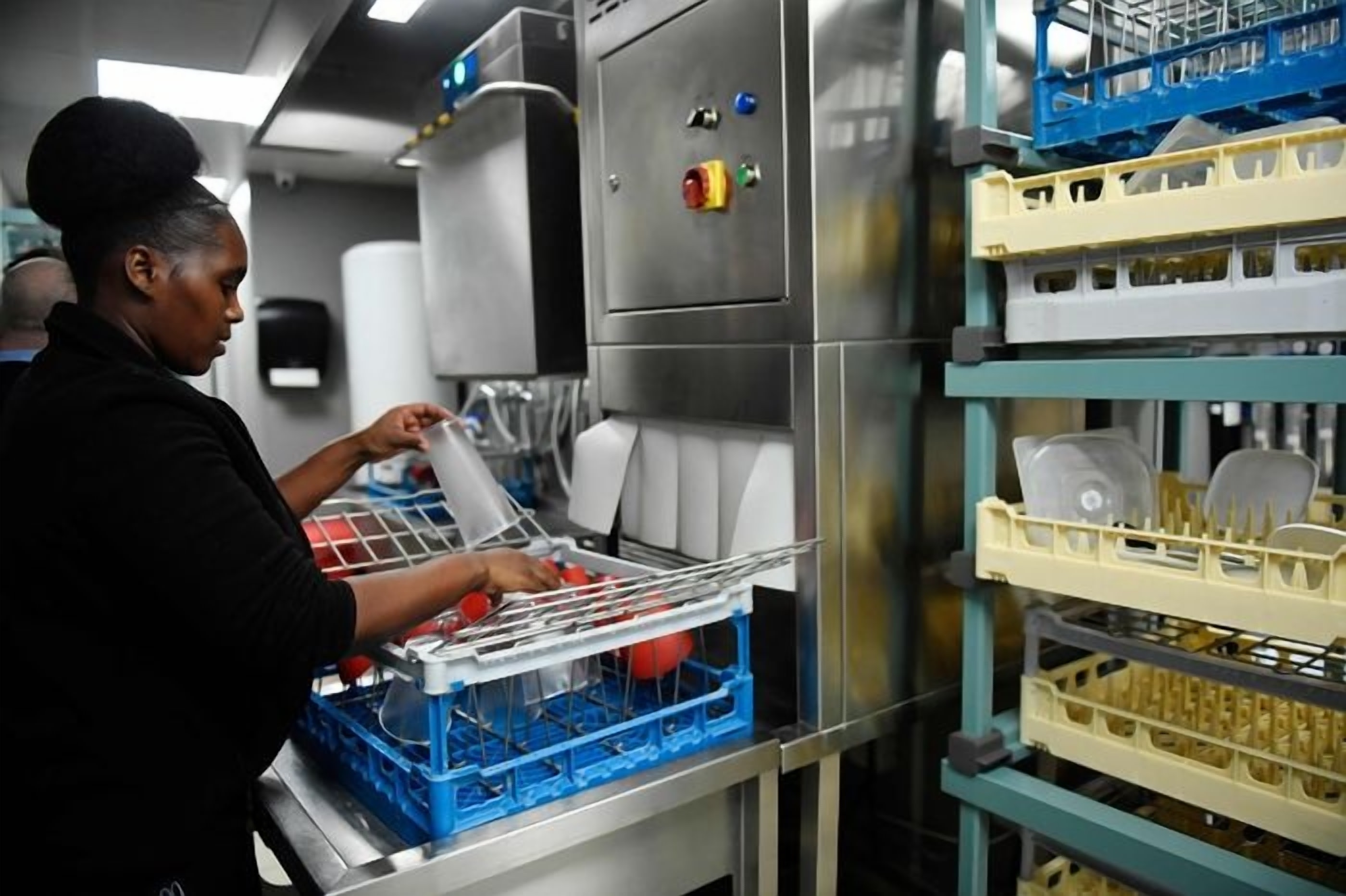The Irony Of Companies Going To Zero-Waste Products
Mcdonald's Corp

One of the rampant problems with fast food restaurants is plastic. Setting aside the fact that the food is unhealthy, the industry thrives on plastic bottles, plastic utensils, packets, single-use napkins, and plastic straws. Fast food restaurants have adapted over the years in an effort to provide healthier food options, and again in an attempt to go zero-waste.
As a result, there is a craze well beyond these companies for metal straws, bamboo forks, mason jars, water bottles, leaf plates, and more. Marketed as ‘zero-waste’ and ‘environmentally friendly’, these particular industries have surged over the years, racking up billions of dollars across multiple markets.
And with fast food restaurants making shifts here and there with biodegradable cutlery and paper straws, one has to wonder whether we’re changing anything or simply repeating our mistakes.
Featured Article: 13 Sustainable Designers And Luxury Fashion Brands You Need To Know
To Truly Go Zero-Waste You Need To…
We’re seeing this now with grocery bags at grocery stores. Even though many grocery stores have stopped offering grocery bags, they still sell bags in some fashion. Whether that’s a paper bag or a fabric tote bag, the problem is that the company isn’t exactly going greener.
All the company did was go from one damaging option to a less harmful one that would take years to regenerate. To truly go zero-waste, grocery stores must stop offering plastic bags and refuse to provide any bags at all. The onus should be on the customer to bring their own.
Companies will not do so because it is a bad financial decision. Customers will naturally be frustrated and stop shopping there, and they will no longer be profiting from the paper and reusable bags.
However, this would be the best decision should a business truly wish to produce zero-waste from these items. Because at the end of the day, in order for these ‘eco-friendly products’ to be made in the first place, more resources need to be used up. They also need to be packaged and shipped to various spots all over the country and the world.
Featured Article: What Are The Main Greenwashing Tactics Companies Use?
‘Zero’ Means…Zero
Some companies have vowed to be more conscious about their packaging, but it still doesn’t take away from the fact they used extra resources to make the change.
To truly go zero-waste, one must stop producing these items altogether and expect people to bring whatever items they need to those establishments, whether that’s cutlery, straws, cups, or extra condiments.
This also applies to ourselves and our own spending habits. We’re not saving the planet or helping much if we buy bamboo toothbrushes, metal straws, or mason jars. Instead, it’s smarter for us to use the items that we do have right now and try to make them last.
McDonald’s isn’t going to be sustainable if it starts offering metal straws to customers. All the same, Reebok isn’t going to be fully sustainable even if all of its products are plant-based.
Zero-Waste Is Steadily The New Consumerism Lifestyle
The unfortunate part is that we’ve been trained this way for decades. Whenever we have a problem, our immediate thoughts are, “What can I buy to fix that pain?” In the context of environmentalism, we think that buying zero-waste products is the best solution to save the planet from warming up. The reality is that this isn’t helping, and the actual solution requires more thought.
If you plan to go to a fast-food restaurant, don’t order a drink and bring your own. If you need cutlery, take one from the drawer at home. If you need extra ketchup or mustard, bring the condiments with you and have them easily accessible.
The idea with zero-waste is to be more resourceful with what you have rather than buying into the multiple companies that are offering “sustainable” products. It’s to bring in your own products and resources that you have laying around your home whenever you engage with any company.
Instead Of The Hype, There Needs To Be Education
Even when the company is environmentally friendly and the product is environmentally sustainable, there is still some level of greenwashing happening. If fast-food restaurants were to switch to paper straws, the paper straw manufacturers would still end up cutting down even more trees in order to provide that. And even if those companies get the paper from recycled cardboard, there’s still the packaging and transportation of those straws to thousands of locations.
This is on top of the fact that if you’ve ever drunk something using those straws, you know you’re not going to be able to use them again.
The Wrap(per)
What is really needed is less stuff and more education. If the food industry really cares about going zero-waste, they would work harder on educating people to be more resourceful. Instead of offering grocery bags, supermarkets could offer locations where people can buy tote bags second hand. Better yet, use an area where staff can educate people on sewing their own reusable bags.
In the case of fast-food restaurants, it’s much of the same thing. Reduce the number of items offered to customers and expect them to bring their own, within reason. Give customers advanced notice of these changes as well.
Obviously, actually bringing your own ketchup to the restaurant, together with cutlery and napkins, isn’t a practical concept. However, growing consumer interest in getting to actual zero-waste, with transparent, circular material flows, is something that can be driven by education. Draw a direct line between the waste you are generating now in this restaurant, and how it will despoil your community, your environment, and so on.
And if we can't expect businesses to make an effort, it's up to us to break the habit of consumerism and become more resourceful and conscious about it ourselves.
Find more views on various aspects of ESG in our Featured Articles.



